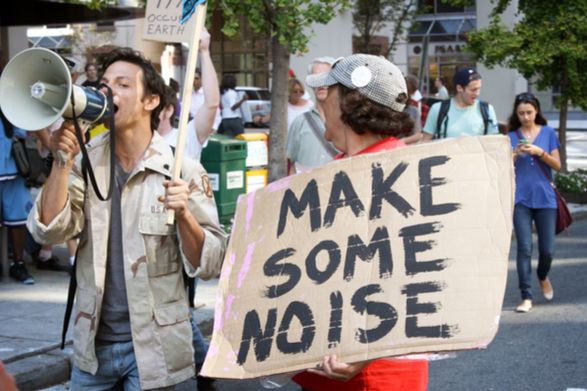In spite of recent troubling poll results, Millennials and Generation Z haven’t abandoned free markets , writes Jimmy Quinn, a student Columbia University, in his recent National Review article.
To be sure, large majorities of young people ages 18 to 34 favor expansive government policies that promise affordable housing, health care, college, full employment, and a clean environment. They also point to socialist countries such as Sweden and Denmark as models for achieving those goals.
At the same time, 58 percent of Millennials and Gen Z view capitalism favorably. Therein lies an opportunity says Quinn.
So if socialism to Millennials is Denmark, not Venezuela, “the right answer is not that Denmark is hell — it is not hell — but the right answer is that in fact for Denmark to work, the whole original socialist model had to be reformed in a way that empowered entrepreneurship,” argued the economist Edward Glaeser during a lecture last year. To boot, these Millennials, he said, are awfully confident that we’d resemble Sweden more than we would Greece. Disabusing them of these misconceptions is a logical first step.
And it can be done. These young people care about pocket-book issues, and they also favor the conveniences free-market economies offer, including fast-food companies like Chick-fil-A, which Quinn notes “toppled Starbucks as their favorite restaurant across all levels of income last year.” As Quinn explains:
More than political necessity, though, the moral case for capitalism must take center stage. Teenagers coming of age in today’s political climate know only an ascendant socialist Left and a conservative movement increasingly influenced by skeptics of free markets…It has become clear that capitalism needs defenders from the left and the right, especially given that three in ten Republican 18- to 24-year-olds hold a positive view of socialism. The critics provide food for thought and ideas for reform. But what remains practically ignored in today’s politics is the most essential argument of all, that free-market capitalism has drastically improved the standard of living, especially for the poor.
In the end, Quinn says, “The argument for capitalism is not lost as long as young voters are still forming their views. They can be persuaded, but not if they are written off.”
In other words, we need to be ambassadors of liberty. With the wisdom that comes from time and experience, we know that more government is not the answer: more freedom is.
The freedom, for example, to found companies that can provide for people’s families and generate the wealth that also enables Millennials and Generation Z members to invest in philanthropic and charitable efforts achieve the goals they hold most dear—ones that higher taxes and more government has promised to solve but can’t.


